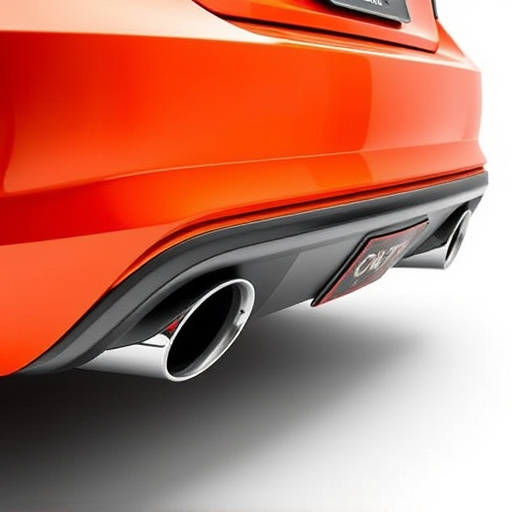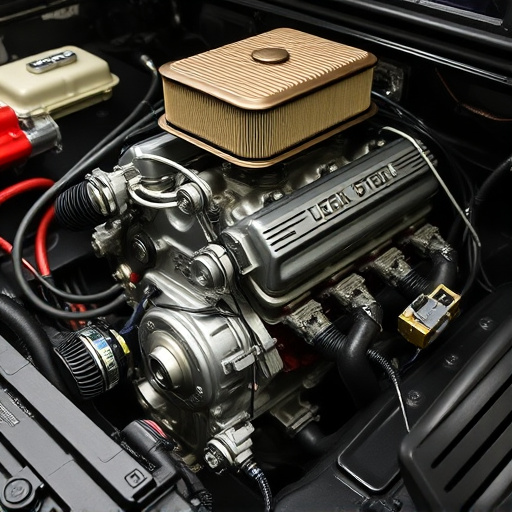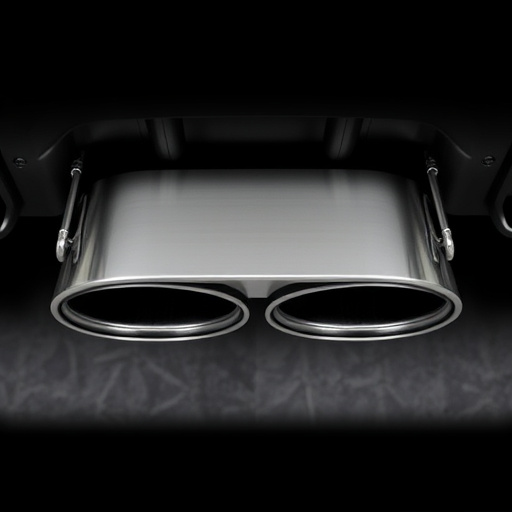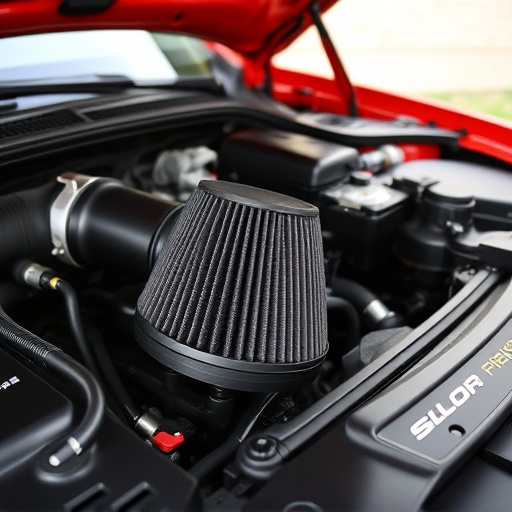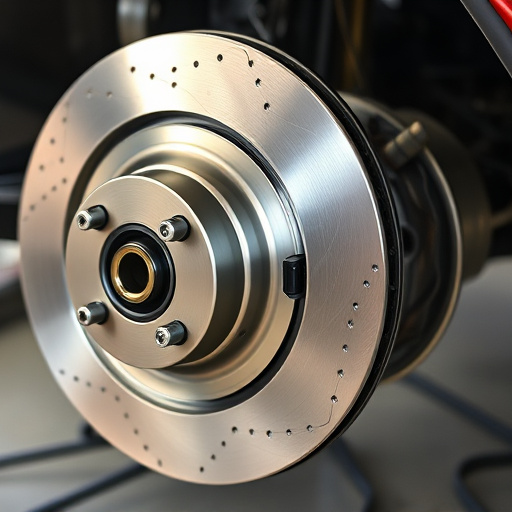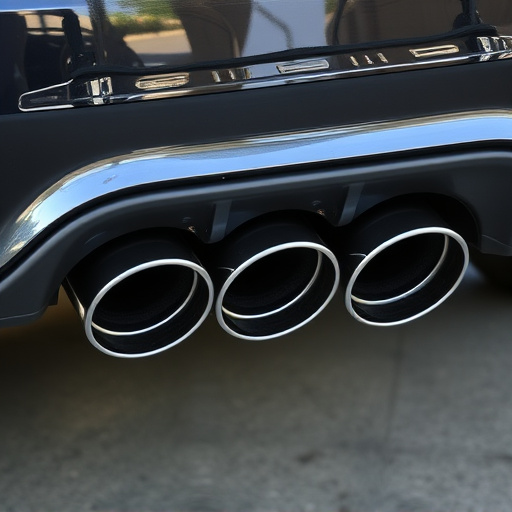Exhaust systems for cars are vital for road safety and environmental well-being, significantly reducing engine noise through specialized components like catalytic converters and sound absorbers. By minimizing noise pollution, these systems enhance vehicle performance, create a quieter driving environment, and alleviate distractions, particularly in urban areas with high traffic density. Regular maintenance ensures optimal noise reduction performance throughout the vehicle's lifecycle, contributing to safer and more peaceful roads for all users.
Exhaust systems are integral to modern vehicles, serving multiple functions that extend far beyond mere gas emission. These sophisticated components play a pivotal role in enhancing road safety by addressing critical issues such as noise pollution, harmful emissions, and vehicle stability. By minimizing noise levels, exhaust systems contribute to drivers’ awareness of their surroundings, thereby improving road safety for all users. Furthermore, robust exhaust designs not only control emissions but also ensure better air quality, indirectly fostering a safer driving environment.
- The Role of Exhaust Systems in Noise Reduction
- – How noise pollution impacts road safety
- – The role of exhaust systems in minimizing noise levels
The Role of Exhaust Systems in Noise Reduction
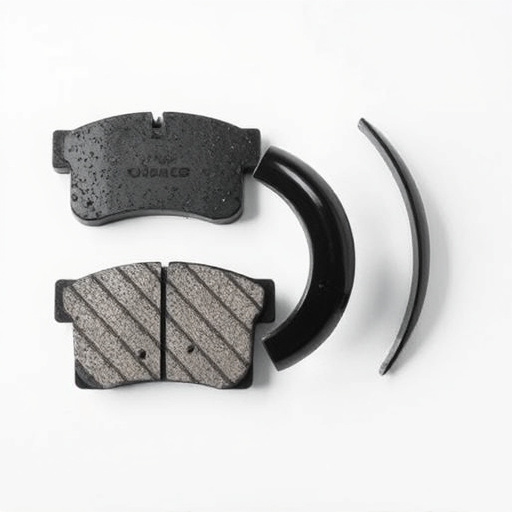
Exhaust systems for cars play a significant role in noise reduction, contributing to better road safety and overall well-being. By efficiently routing and muffling engine sounds, these systems significantly lower the decibel levels of vehicle emissions. This is particularly crucial in urban areas where noise pollution can negatively impact residents’ health and quality of life. In addition to mitigating ambient noise, advanced exhaust systems also help to reduce driver distraction, allowing them to focus more on the road ahead.
The design of modern exhaust systems incorporates specialized components like catalytic converters and sound absorbers that work together to suppress harmful noises. Unlike traditional intake components, which primarily facilitate air intake for increased performance, exhaust systems are engineered to balance power output with noise control. This synchronization ensures that vehicles not only perform optimally but also operate in a quieter manner, thereby enhancing road safety by reducing the risk of noise-induced distractions and promoting a more peaceful driving environment.
– How noise pollution impacts road safety
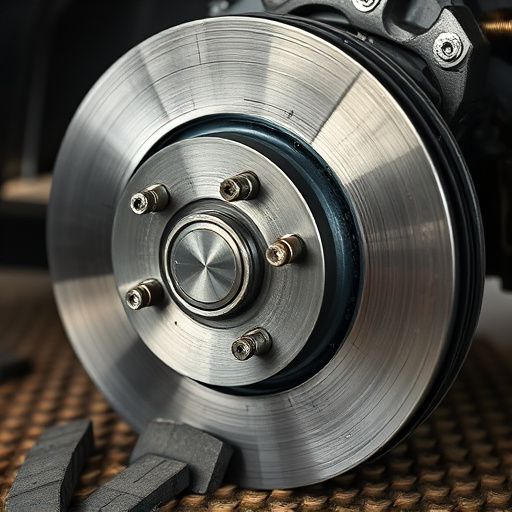
Noise pollution from vehicles, often overlooked, plays a significant role in road safety. Exhaust systems for cars are a critical component in mitigating this issue. The relentless drone and revving sounds from engines can contribute to driver distraction, affecting their ability to react promptly to changing traffic conditions. This is especially concerning in dense urban areas where the constant hum of vehicles creates a cacophony that can mask essential audio cues, such as emergency vehicle sirens or pedestrian signals.
Moreover, excessive noise levels can cause stress and fatigue among drivers, impacting their focus and decision-making. Properly designed exhaust systems, including high-quality performance exhaust components and effective noise insulation, can significantly reduce these disturbances. This not only enhances road safety but also contributes to a more pleasant driving experience and improved quality of life in urban environments, where noise pollution is a pressing concern.
– The role of exhaust systems in minimizing noise levels
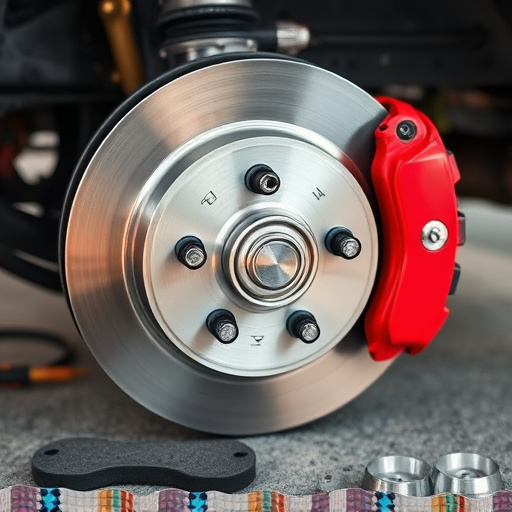
Exhaust systems play a significant role in enhancing road safety by contributing to reduced noise pollution. In today’s bustling urban environments, excessive vehicle noise can be a considerable distraction for drivers, pedestrians, and cyclists alike. Well-designed exhaust systems help mitigate this issue by efficiently routing and muffling sound waves, ensuring that vehicles operate at acceptable noise levels. This is not just a matter of comfort but also has profound safety implications, especially in areas with high traffic density.
By minimizing noise levels, exhaust systems enable better situational awareness for all road users. For instance, pedestrians can more easily hear approaching vehicles, enhancing their chances of crossing streets safely. Similarly, drivers can communicate more effectively through conversation without straining their voices, thereby reducing fatigue and improving reaction times. Furthermore, proper maintenance of exhaust components, such as replacing brake rotors and air filter kits, ensures optimal noise reduction performance over the vehicle’s lifecycle.
Exhaust systems play a vital role in enhancing road safety by addressing noise pollution, which can significantly impact driver awareness and surrounding community well-being. By effectively minimizing noise levels, these systems contribute to a safer and more peaceful environment for all road users. Incorporating advanced exhaust technologies not only improves vehicle performance but also fosters better traffic dynamics, making our roads safer for both drivers and pedestrians alike. For car owners and manufacturers alike, prioritizing efficient exhaust systems is a step towards creating quieter, more secure transportation networks.



